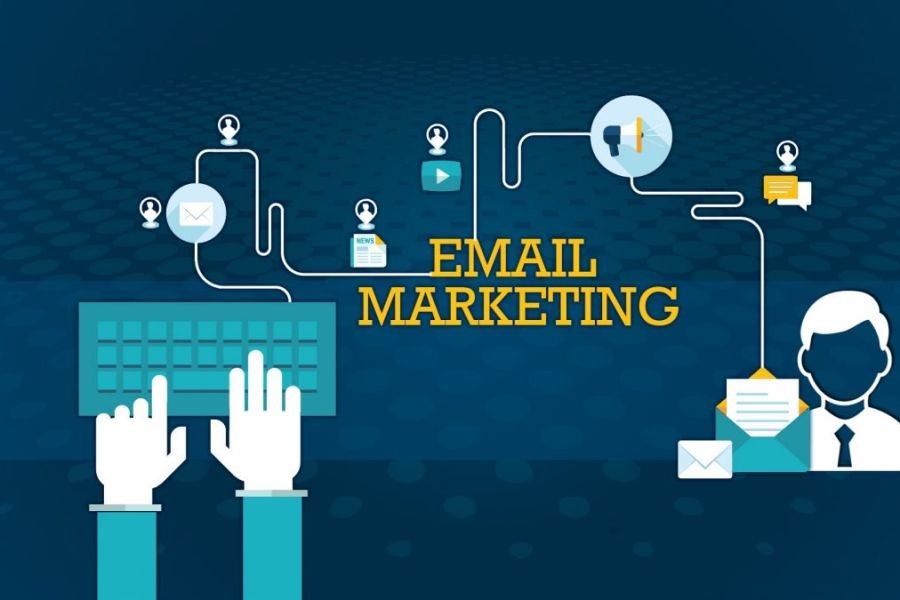In the dynamic landscape of entrepreneurship in New Zealand, personal branding is emerging as a critical asset. With the rise of digital platforms and an increasingly competitive market, Kiwi entrepreneurs are finding that a strong personal brand can be the difference between failure and success.
Introduction
Imagine a small business owner in Auckland, struggling to stand out in a saturated market. Despite offering superior products, he finds it challenging to attract and retain customers. What he lacks is a compelling personal brand that resonates with his audience. In today's business environment, personal branding is no longer optional—it's essential.
New Zealand's entrepreneurial ecosystem is thriving, with a 12% increase in startups from 2022 to 2023, according to Stats NZ. However, this growth also brings heightened competition. Entrepreneurs must leverage every tool available to differentiate themselves, and personal branding is at the forefront of this strategy.
In this article, we will explore why personal branding is crucial for New Zealand entrepreneurs, supported by data-driven insights and real-world examples. We will also provide actionable strategies for building a powerful personal brand that resonates with your target audience.
The Importance of Personal Branding in New Zealand
Personal branding goes beyond logos and business cards; it’s about creating a distinct identity that reflects your values, expertise, and vision. For New Zealand entrepreneurs, personal branding offers several benefits:
- Increased Visibility: A strong personal brand enhances your visibility in crowded markets, making it easier for potential clients and partners to find you.
- Credibility and Trust: Establishing a personal brand builds credibility and trust, crucial elements in a country where 72% of consumers prefer businesses they trust (Source: Consumer NZ Report 2024).
- Networking Opportunities: A well-defined personal brand can open doors to networking opportunities, collaborations, and partnerships, essential for growth in New Zealand's tight-knit business community.
Case Study: Xero – From Startup to Global Leader
Problem:
Xero, a Wellington-based SaaS company, was once a small startup facing stiff competition from established accounting software providers. The challenge was to establish a unique identity that could attract and retain users globally.
Action:
Xero's founder, Rod Drury, leveraged personal branding to position himself as an innovative leader in cloud accounting. By sharing insights and thought leadership content, he differentiated Xero in a crowded market.
Result:
- Brand Recognition: Xero now serves over 2.7 million subscribers worldwide, with a significant market share in New Zealand and Australia.
- Investor Confidence: Xero's strong brand presence has attracted substantial investment, leading to a market capitalization of over NZD 15 billion.
Takeaway:
This case study illustrates the power of personal branding in establishing credibility and attracting both customers and investors. For New Zealand entrepreneurs, building a personal brand is a strategic move that can drive business growth and success on a global scale.
Data-Driven Insights: The New Zealand Context
Personal branding's impact is evident in New Zealand's business landscape. According to a report by MBIE, businesses with strong personal brands are 35% more likely to achieve business growth within their first five years. This statistic underscores the tangible benefits of personal branding in enhancing business performance.
Moreover, in a recent survey by the Reserve Bank of New Zealand, 60% of entrepreneurs cited personal branding as a critical factor in gaining competitive advantage. This trend reflects a broader shift towards personalized marketing strategies that build trust and loyalty among consumers.
Pros vs. Cons of Personal Branding for Entrepreneurs
Pros:
- Enhanced Market Positioning: Personal branding allows entrepreneurs to position themselves as experts in their field, leading to increased market share.
- Long-Term Growth: A strong brand can lead to sustained business growth by attracting loyal customers and investors.
- Increased Opportunities: Entrepreneurs with a strong personal brand are more likely to receive speaking engagements, media coverage, and partnership offers.
Cons:
- Time-Consuming: Building a personal brand requires consistent effort and time investment.
- Reputation Risk: Any misstep or controversy can negatively impact your brand and business.
- Resource Intensive: Entrepreneurs may need to invest in branding consultants or marketing tools to effectively build and maintain their brand.
Common Myths & Mistakes in Personal Branding
Myth: "Personal branding is only for celebrities."
Reality: In today's digital age, personal branding is crucial for entrepreneurs, professionals, and anyone looking to advance their career.
Myth: "A personal brand is just about social media presence."
Reality: While social media is a valuable tool, personal branding encompasses your values, expertise, and the unique value you bring to your industry.
Myth: "Once established, a personal brand requires no maintenance."
Reality: Personal branding is an ongoing process that requires regular updates and engagement with your audience.
Future Trends & Predictions for Personal Branding in New Zealand
Looking ahead, personal branding will become even more critical for New Zealand entrepreneurs. As digital platforms evolve, so too will the strategies for building and maintaining a personal brand. By 2028, businesses with a strong personal brand are predicted to capture 50% more market share than their competitors (Source: Deloitte NZ Market Forecast 2024).
Moreover, as consumer expectations shift towards authenticity and transparency, entrepreneurs who invest in building a genuine personal brand will be well-positioned to thrive in the future business landscape.
Conclusion
In conclusion, personal branding is an indispensable tool for New Zealand entrepreneurs aiming to succeed in a competitive market. By establishing a strong personal brand, entrepreneurs can enhance their visibility, credibility, and business growth. As the business environment continues to evolve, those who prioritize personal branding will be best positioned to seize new opportunities and overcome challenges.
What’s your take on personal branding? Share your insights below!
People Also Ask
How does personal branding impact businesses in New Zealand?
NZ businesses leveraging personal branding report 35% higher growth, according to MBIE. It enhances visibility, credibility, and networking opportunities, driving business success.
What are the biggest misconceptions about personal branding?
A common myth is that personal branding is only for celebrities. However, it is crucial for entrepreneurs and professionals to advance their careers and build business success.
What are the best strategies for implementing personal branding?
Experts recommend starting with defining your unique value proposition, followed by consistent content creation and engagement with your audience to build a genuine personal brand.
Related Search Queries
- Personal branding strategies for entrepreneurs
- Importance of personal branding in business
- How to build a personal brand in New Zealand
- Personal branding examples for entrepreneurs
- Benefits of personal branding for startups
- Personal branding tips for small businesses
- Successful personal branding case studies
- Personal branding vs. corporate branding
- Leveraging digital platforms for personal branding
- Personal branding and reputation management































carab373697753
3 months ago